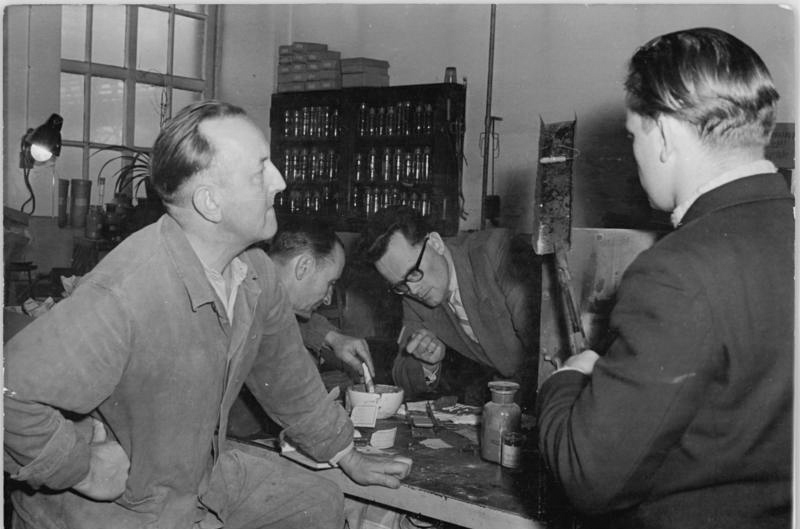Engineering is a diverse and ever-evolving field, with many different sub-disciplines and specialties. However, there are ten core engineering fields that form the foundation of the discipline. In this blog post, we will explore each of these fields in detail, highlighting their unique characteristics and applications.
Aerospace Engineering
Aerospace engineering is the study of the design, development, and maintenance of aircraft and spacecraft. This field covers a range of topics, including aerodynamics, materials science, and propulsion systems. An Aerospace engineer works on a wide variety of projects, from designing commercial airliners to developing cutting-edge space exploration technology.
Chemical Engineering
Chemical engineering is the study of the principles of chemistry, physics, and mathematics as they apply to the design and operation of chemical processes. A chemical engineer works on a wide range of projects, from designing new pharmaceuticals to developing new materials and processes for the energy industry.
Civil Engineering
Civil engineering is the study of the design, construction, and maintenance of infrastructure projects, including buildings, bridges, roads, and water and sewage systems. The work of civil engineers is crucial to the proper functioning of society, with their projects having a substantial impact on public safety and overall quality of life.
Computer Engineering
Computer engineering is the study of the design and development of computer hardware and software systems. From designing complex software applications to developing new computer chips, computer engineers work on a diverse array of projects.
Electrical Engineering
Electrical engineering is the study of the principles of electricity, electronics, and electromagnetism, and their applications in a wide range of systems and devices. Projects that involve designing new power grids and developing advanced medical devices are among the wide range of projects that electrical engineers work on.
Environmental Engineering
Environmental engineering is the study of the application of engineering principles to protect and improve the environment. For environmental engineers, projects typically involve managing air and water quality, disposing of waste, and remediating contaminated sites.
Industrial Engineering
Industrial engineering is the study of the optimization of complex systems, including manufacturing processes, supply chains, and service delivery systems. So industrial engineers work to improve efficiency, reduce waste, and enhance productivity in a wide range of industries.
Mechanical Engineering
Mechanical engineering is the study of the principles of mechanics, thermodynamics, and materials science, and their applications in the design and operation of mechanical systems. A Mechanical engineer works on projects that range from designing new engines to developing advanced robotics systems.
Materials Engineering
Materials engineering is the study of the properties of materials, including metals, polymers, and ceramics, and their applications in a wide range of products and systems. Projects that require the development of new materials including medical implants and consumer electronics, are typically handled by materials engineers.
Nuclear Engineering
Nuclear engineering is the study of the principles of nuclear physics and their applications in the design and operation of nuclear reactors and other nuclear technologies. They are mainly working on projects that involve the generation of electricity, the production of medical isotopes, and the disposal of nuclear waste.
In conclusion, the ten core engineering fields are all vital to modern society, and each offers unique opportunities for those interested in pursuing a career in engineering. By understanding the differences between these fields, you can make an informed decision about which field aligns with your interests and career goals. Whether you are interested in designing spacecraft or developing new materials for medical devices, there is sure to be an engineering field that is right for you.
Do you want to be a part of our amazing team? Are you looking for a career in chemicals, food, or life sciences? Check Our Work. Can’t find the right vacancy? Let us know! We have more to offer. Follow our LinkedIn company page!

